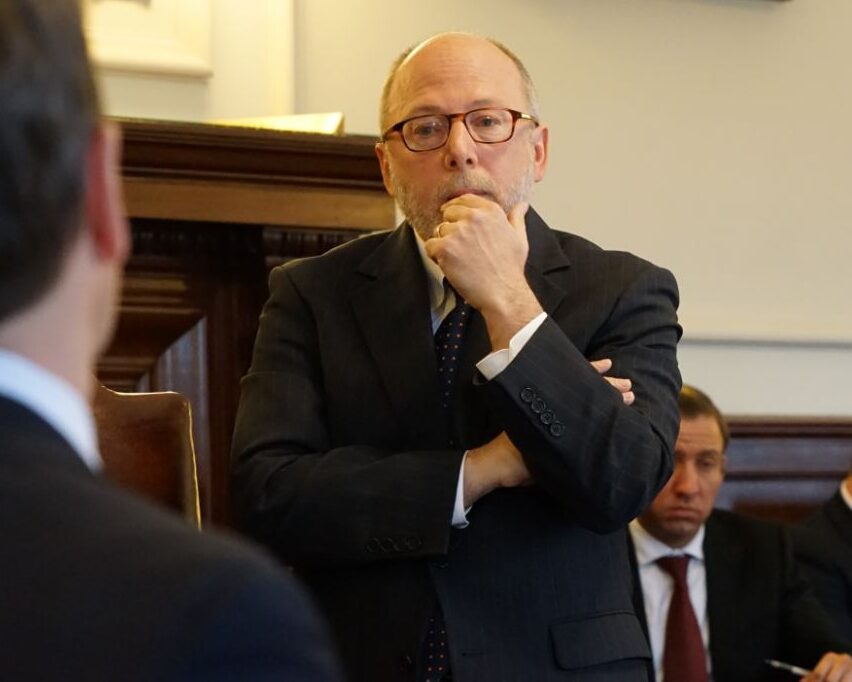Introduction
In his polemical essay against school vouchers, Andru Volinsky trades on well-worn tropes: that public education is a pillar of democracy, that vouchers threaten social equity, and that the Civil Rights Movement should be invoked to shield the status quo. Yet this rhetorical sleight-of-hand obscures deeper truths. Public education in America was not built to emancipate but to domesticate, borrowing heavily from the Prussian model of enforced conformity. Furthermore, the moral panic about vouchers ignores the lived reality of urban black families who have embraced school choice for decades. This essay offers a counter-narrative grounded in historical realism and contemporary experience, demonstrating why vouchers represent not a retreat from equity, but its most faithful realization.
Prussian Conformity: The True Origins of American Schooling
Public education in the United States was not born in the spirit of liberal pluralism. It emerged from the coercive ambitions of 19th-century statecraft, modeled explicitly on the Prussian system. Horace Mann, enthralled by the Prussian ideal, advocated for a uniform, centralized education system aimed at inculcating discipline, not inquiry. The goal, as historian John Taylor Gatto noted, was not enlightenment but obedience. American schooling became a conveyor belt of ideological conformity, designed to assimilate immigrants and minorities into a state-sanctioned mold.
Urban Education and the Flight from Failure
By the late 20th century, the promise of public education had curdled in America’s inner cities. In cities like Detroit, Baltimore, and Chicago, public schools became synonymous with dysfunction. Graduation rates plunged, violence surged, and generational poverty hardened. Faced with these grim realities, families—especially black families—sought escape. From the charter revolution in New Orleans to voucher programs in Milwaukee, urban parents voted with their feet. A 2023 survey found that 79% of black parents supported vouchers. These were not ideological libertarians—they were mothers and fathers desperate for a future their neighborhood school could not provide.
The Civil Rights Hypocrisy: Cloaking the Present in the Past
Volinsky’s argument descends into bathos when he invokes the Little Rock crisis of 1957 to denounce vouchers. To equate the parental choices of black mothers in 2025 with segregationist backlash in 1957 is not only absurd—it is offensive. Malcolm X warned of the white liberal who ‘poses as the friend of the Negro’ while obstructing genuine progress. In The Vision of the Anointed, Thomas Sowell describes this impulse as the hallmark of an elite that believes itself morally entitled to rule regardless of results. The black families embracing vouchers are not pawns of white supremacy; they are the repudiation of it. Their choices reflect autonomy, not acquiescence.
Conclusion: Funding Children, Not Systems
The voucher debate reveals a profound disjunction between a system designed to condition loyalty and a society increasingly demanding liberty. Volinsky champions the former, draping a failing institution in the shroud of moral rhetoric. However, school choice is not an experiment in privatization—it is a reassertion of educational sovereignty by the families who have been most betrayed. Vouchers are not the enemy of democracy. They are its overdue extension.
Authors’ opinions are their own and may not represent those of Grok Media, LLC, GraniteGrok.com, its sponsors, readers, authors, or advertisers.
Agree? Disagree? Submit Op-Eds to steve@granitegrok.com – We want to hear from you, too!
